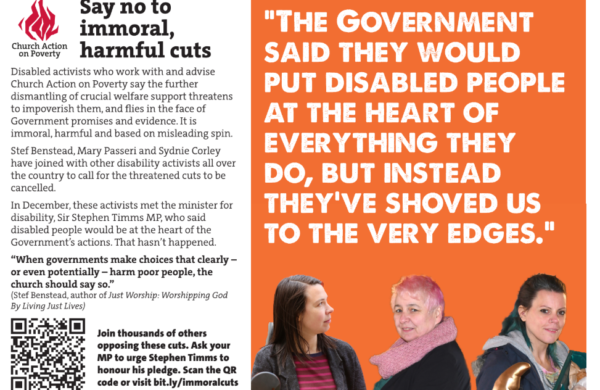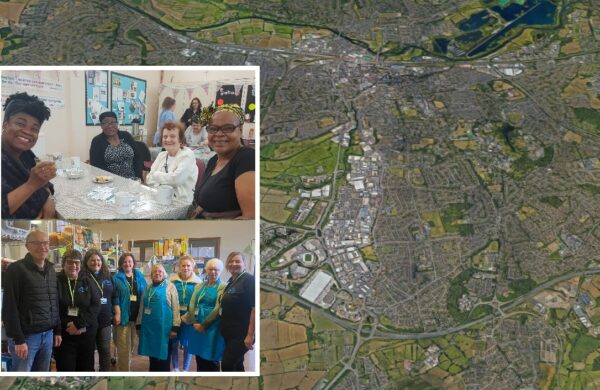Are we set for a landmark legal change on inequality?
Are we close to seeing a landmark legal change?
For the past few years, growing numbers of people and groups have been calling for a legal change in the UK, which could make a huge difference to the way big decisions are made.
Section 1 of the Equality Act says public authorities should consider how their policies and key decisions will increase or decrease inequalities. This is called the ‘socioeconomic duty’ – but it has never been enacted nationally, so councils and Government departments are not yet bound by it.
Change may be imminent – but it’s vital that it is done properly.

A lengthy campaign
Poverty2Solutions, a coalition of grassroots groups and academic expertise, launched its campaign on the issue in 2019, and has helped develop a good practice guide for councils.
It has called on successive Governments to “do your duty for equality” by making the duty legal.
The group calls for:
- Enactment of the socioeconomic duty under section 1 of the Equality Act.
- Safeguarding the intention of the duty by ensuring guidance on best practice implementation and monitoring is developed in partnership with people who have lived experience of socio-economic disadvantage.
Poverty2Solutions says: “We are determined to break through outdated policy development approaches by using participatory methods that prioritise people at the core.”
Potential for change
Labour has indicated it will enact the duty if it wins the next Election.
Poverty2Solutions says: “We welcome the commitments in the Labour Party’s policy handbook to ‘enact the socioeconomic duty under section 1 of the Equality Act’ and embrace the positive development that would create a legal imperative for public authorities to pay ‘due regard’ to the desirability of reducing the inequalities caused by socio-economic disadvantage and poverty in their policy making and budgetary decisions.
“This would help to drive forward better policies and services and ultimately create a fairer society.
“Simply passing the duty into law, however, will not in itself lead to better policy-making and fairer outcomes. This would simply be the first step in a longer and more ambitious journey.
“We believe that in order to ensure the duty has the transformative approach intended by the spirit of the law, it is crucial that guidance on best practice implementation and monitoring is developed in partnership with people who have lived experience of socio-economic disadvantage.”
Meaningful change, not box-ticking
The group says the duty should lead to meaningful changes in approach, rather than “tick-box exercises”, and says partnership work on developing the duty should include some key principles:
- Recognising that the knowledge about how best to enact the duty is held in communities who have lived experience of socio-economic disadvantage.
- Understanding that meaningful involvement is not about gathering a thousand stories, but about understanding the collective experience, truthfully represented.
- Accepting that real success comes when there is a bringing together of different types of expertise (lived experience and other expertise such as statistical analysis or policy knowledge) through collaboration and co-production.
Poverty2Solutions is stepping up its work on this issue this year. To contact the group or find out more, visit www.poverty2solutions.org/




Comments (01)
Comments are closed.